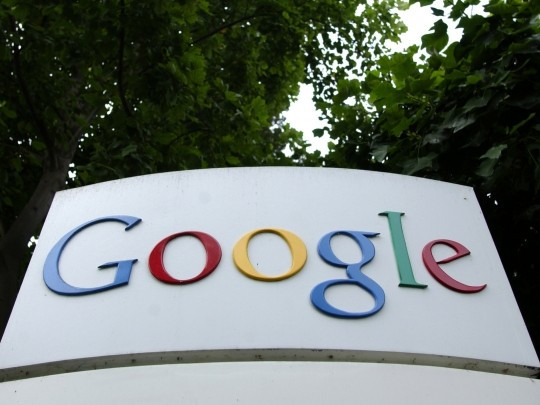UK Privacy Lawsuit Against Google Spreads to Europe
More than 100 people present suits over privacy breaches
More than 100 people in the UK have joined a lawsuit against Google for secretly tracking their online activity, while interest from other European countries has also been logged.

According to an emailed press release from Olswang, the legal firm handling the claims in the UK, 106 people have requested that the law firm "bring the case on their behalf" while more than 500 have joined an official Facebook group to condemn Google's actions.
"The volume of requests to take action against Google should be no surprise given its reach within our society," said Olswang partner Dan Tench. "Consumers tell us they are determined to hold Google to account. Anyone who used the Safari browser between September 2011 and February 2012 may have a claim."
Olswang has also said that people in other European countries have come forward with complaints about Google:
"The firm [Olswang] has also received requests from claimants in other European jurisdictions asking whether similar claims can be brought in other countries," the Olswang press release explained.
In August, 2012, Google was fined $22.5 million (£14.4m) by the Federal Trade Commission in the US, after it was found to have planted tracking files, known as cookies, in the Safari browsers used on iPhone, iPad and Mac computers. Google removed the cookies and assured that no personal information had been collected.
So far, Google has not commented on the complaints presented by Olswang on behalf of Safari users.
"Google can no longer be unaware of the strength of feeling about its secret tracking but continues to refuse to explain its conduct to consumers," said 74-year-old Judith Vidal-Hall, the first claimant to join the legal action against Google.
"People are quite rightly outraged that a global company is treating them in this way. We hope anyone who used Safari and who was covertly targeted by tailored advertising joins this action."
In other European developments, Google today presented a detailed outline of its business practices to the EU, in order to allay concerns that the company was responsible for anti-competitive behaviour.
© Copyright IBTimes 2025. All rights reserved.






















